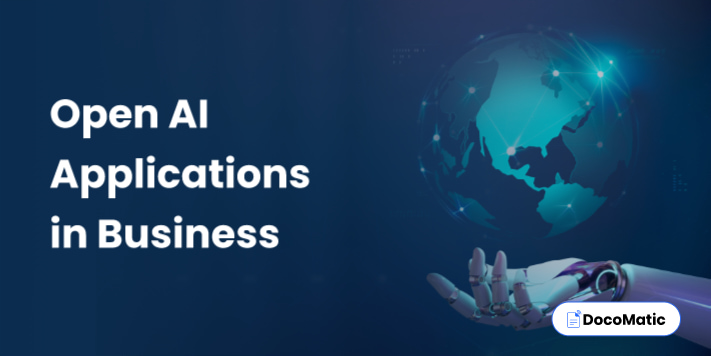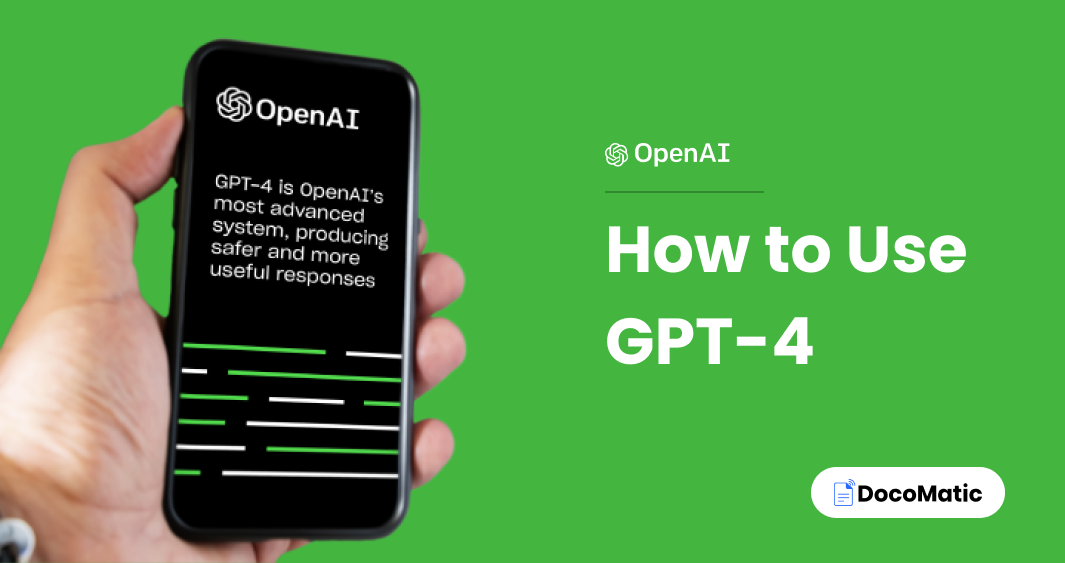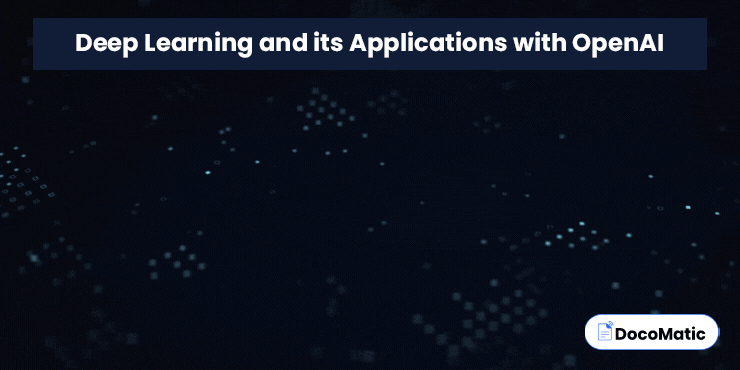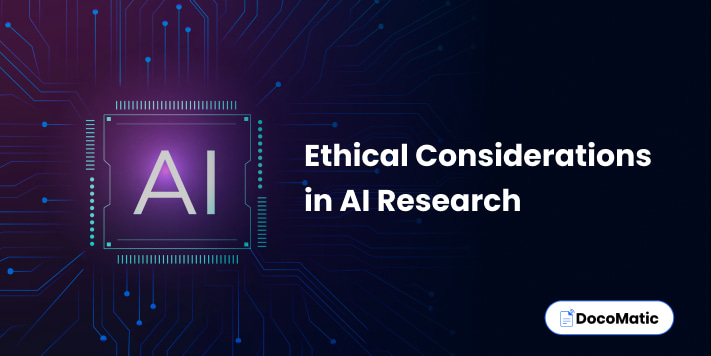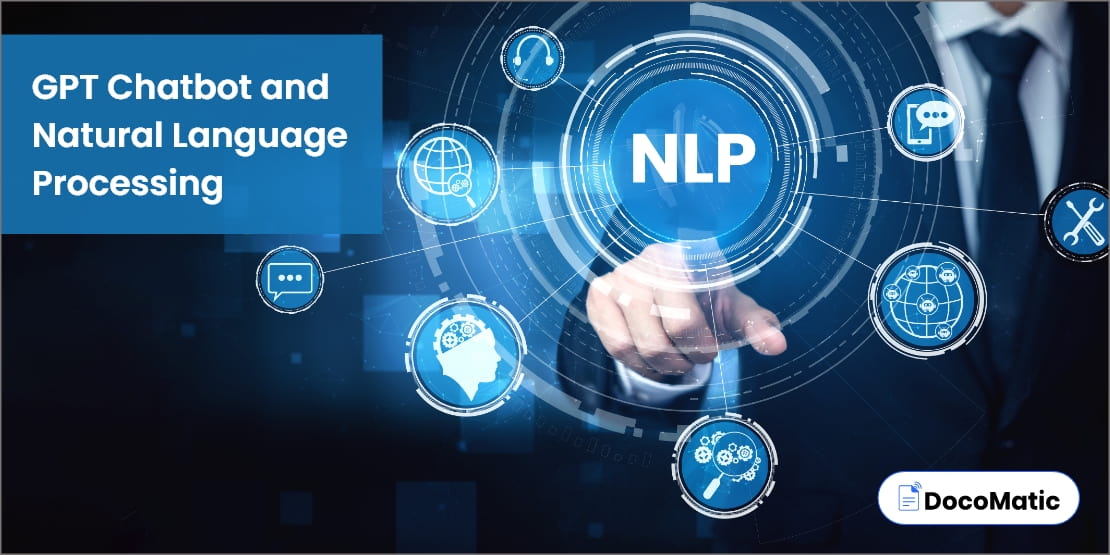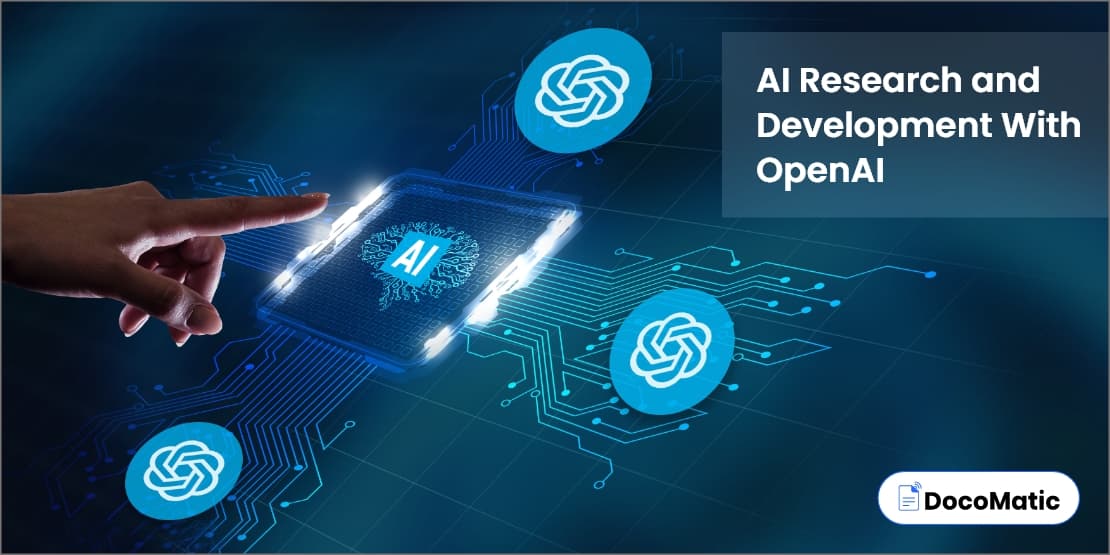Since the introduction of OpenAI, it has been at the forefront of the AI revolution, which is why it’s changing business operations. OpenAI technology is changing the game with automated solutions that streamline processes, gain insights, and help businesses make important decisions.
Very few people know that OpenAI technology can be used in many sectors to boost development and accomplish organizational goals using artificial intelligence tools. If you are wondering how OpenAI’s technology is being used in major industries and how it is possible to achieve growth, your search ends here.
If you are an entrepreneur, manager, or executive, this blog will cover multiple AI applications in businesses across multiple industries. Let us shed more light on the ways in which OpenAI’s technology can be used to get an edge over the competition.
Table of Content
What is OpenAI and its Technology?
Formed in 2015 by Elon Musk, Sam Altman, and Greg Brockman, Open AI is among the prominent tools in the field of artificial intelligence research. Its goal is the development of AI that is both safe for use by humans and valuable to society.
Basically, OpenAI’s technology is focused on two branches of artificial intelligence, namely, machine learning and deep learning. Basically, deep learning is a subfield of machine learning that entails training multi-layered neural networks to learn new tasks.
It has produced a number of state-of-the-art AI technologies, such as the GPT (Generative Pretrained Transformer) models, that can generate logical language. Whereas DALL-E neural network can generate visuals from textual descriptions. Simply put, these cutting-edge technologies are one of the most advanced in the world.
Moreover, GPT-3 is a popular language model developed by OpenAI. With the use of deep learning and a big corpus of text, this model can produce natural text that could be nearly indistinguishable from human-written content.
In fact, researchers have also created algorithms for reinforcement learning, which let AI bots figure out how to complete tasks by making plenty of mistakes.
It is committed to creating artificial intelligence (AI) in such a way that it is safe and helpful for mankind, in addition to its digital Transformation. The organization is committed to developing AI for the betterment of society and civilization.
How Can Businesses Leverage OpenAI’s Technology to Achieve Desired Growth?
OpenAI, an advanced technology, can leverage businesses in many ways to achieve desired growth. Here is how OpenAI’s technology plays a crucial role in achieving organizational goals.
GPT-enabled Chatbots: Automating formerly manual processes like customer service, sales, and marketing is now possible using OpenAI’s chatbot technology. Common consumer queries can be answered, the sales process can be streamlined, and advice can be personalized to each individual user based on their past actions and interests, thanks to chatbots.
Content creation: It is possible to use OpenAI’s language models to produce professional-grade content for companies. This can include social media postings, ads, and other forms of marketing text that are written specifically for the interests and preferences of the audience.
Data analysis: For data-driven decision-making, OpenAI’s machine learning algorithms can sift through mountains of information in search of meaningful patterns and insights. Opportunities for expansion can be found by evaluating consumer behavior data or by examining market data for trends and openings.
Product development: The technology developed by OpenAI might be used to develop and improve existing products. When it comes to predicting consumers’ future preferences and activities, OpenAI’s machine learning algorithms may be put to good use by analyzing feedback data provided by existing customers.
The technology developed by OpenAI has the potential to aid companies in their pursuit of expansion. Businesses can expand by streamlining processes and making a data-driven business strategy with the help of OpenAI’s natural language processing (NLP), chatbot, content creation, data analysis, and product development capabilities.
Open AI Applications Used in Businesses
Here are the main AI applications that have garnered business owners’ attention.
- Natural Language Processing (NLP): OpenAI’s NLP models are used by businesses in order to evaluate consumer input, find new trends and patterns, and produce natural conversation and virtual assistant scripts. An online retailer, for instance, can employ natural language processing (NLP) to analyze customer reviews and feedback in order to fine-tune product suggestions and use chatbots to automate customer care inquiries.
- Predictive Analytics: OpenAI’s predictive analytics algorithms can play a crucial role in businesses examining information, user actions, market developments, and internal results. For example, a bank can give product suggestions based on each individual’s preferences and analyze transaction data to spot fraud in real-time using a client’s history.
- Robotics: The robotics models available on OpenAI can be used by businesses to streamline processes through automation. For instance, robots can be used by a logistics firm in order to streamline their warehouse operations, speed up their deliveries, and improve their accuracy.
- Cybersecurity: Cybersecurity models are AI applications generally used by businesses to protect themselves against threats like phishing and malware. Let us again take a bank example, it can deploy cybersecurity models to monitor for suspicious activity, stop data breaches, and safeguard private client information.
- Personalization: Personalization models can greatly benefit major businesses as they provide more customer-friendly marketing and product suggestions to customers. In addition to that, the AI models can be used by online stores to make product recommendations to customers based on their interests and past purchases.
OpenAI’s technology can play a vital role across major sectors to achieve organizational goals. OpenAI’s natural language processing (NLP) models do wonders for healthcare organizations to evaluate patient data and improve patient outcomes, while OpenAI’s robotics models can be used by manufacturers to automate assembly lines and pull down costs. Ultimately, businesses can level up growth and profits by using OpenAI’s innovation to streamline their operations, cut expenses, and enhance the customer experience.
AI Use Cases: Real-world Examples of Businesses Using OpenAI’s Technology
Below are some real-life examples of how businesses are making the most of OpenAI’s technology to achieve their strategic objectives. As AI technology continues to evolve, it won’t be a surprise if we see more innovative applications across industries.
Mayo Clinic
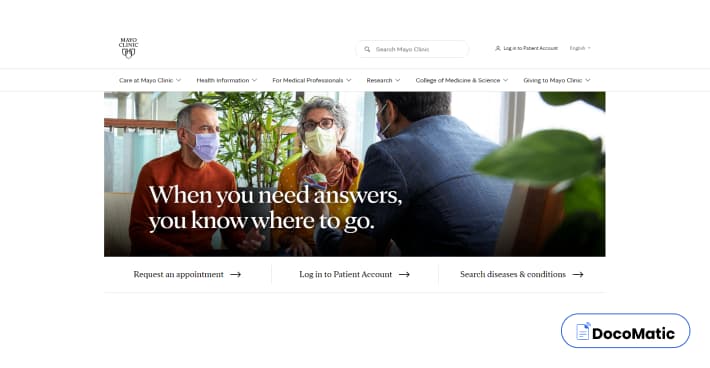
The AI-powered chatbot works as a voice assistant for healthcare providers like Mayo Clinic in the US. Implementing a voice assistant called “Mayo Answers”, it provides patients with reliable and accurate medical information. The voice assistant can respond to a wide range of medical questions and provide personalized health recommendations using its NLP model.
H&M

H&M, a renowned fashion retailer, switched to AI-powered chatbots for better customer service. It implemented an AI-powered chatbot and named it “Ask Anna” to deal with customers’ never-ending queries. The introduction of OpenAI’s NLP models means the chatbot provides personalized responses to the buyers in such a way, reducing the time and effort required by their backend team.
Netflix

Netflix, a leading streaming service, has adopted personalized recommendations for streaming services. That’s right, it uses OpenAI’s predictive analytics models to closely monitor viewing data and then provide personalized recommendations to its users. Ultimately, it has led to increased engagement and a better customer retention rate.
JPMorgan Chase & Co
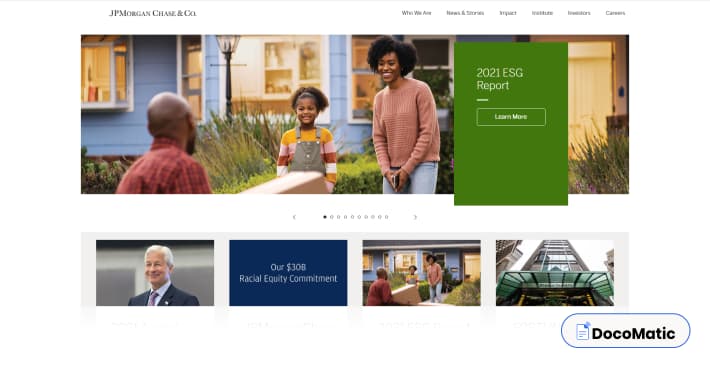
JPMorgan Chase, a global financial services company, happily deployed a chatbot for fraud detection for finance. The company uses OpenAI’s predictive analytics models to detect fraudulent transactions in order to prevent financial losses. Such chatbot technology has helped the company improve its operational efficiency and garnered customer trust as well.
Siemens

Siemens, a global manufacturing company, is pleased to useOpenAI’s robotics models for Automated manufacturing in the industry. Using OpenAI’s robotics models, it has completely switched to automated manufacturing processes and thus improving efficiency level. As a result, it has led to increased productivity and reduced costs.
Darktrace
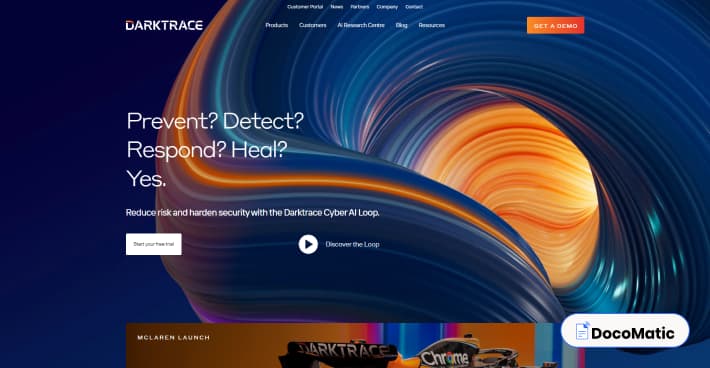
Darktrace, a cybersecurity company, also needs machine learning algorithms from OpenAl to get rid of cyberattacks in real time and can detect any threat to the IT industry. By doing so, it has helped businesses improve their cybersecurity posture and easily protect their sensitive data.
Marriott International

Marriott International, another leading hospitality company, has a virtual assistant for hospitality to help out with personalized recommendations to their guests. Deploying the chatbot has led them to deliver outstanding customer experience in such a minimum time.
FAQs
Yes, OpenAI relies upon Python, JavaScript, Go, Perl, PHP, Ruby, Swift and TypeScript, and even Shell. It can really help those who are associated with the IT industry to get computer vision.
Definitely, The AI-powered bot can write code and also interact with you to resolve your problems. It offers much-needed help for developers who are beginners in the IT industry.
The introduction of AI chatbots can help marketers understand new trends and customer behavior in order to advertise their products. They can send relevant messages to their target audience while avoiding extra expenses and extra marketing efforts.
Conclusion
To sum it up, OpenAI is a robust platform for providing insights, automating processes, and making data-driven decisions. These can jointly contribute to a company’s expansion and success. Natural language processing, chatbots, content creation, data analysis, and product development are just some of the ways in which organizations can benefit from OpenAI’s technology.
With OpenAI’s tools, companies can stand out from others by enhancing the customer experience, boosting productivity, and discovering new revenue streams. Although OpenAI has numerous advantages, it should be noted that it is not a magic bullet. It is said because, after all, the key to its success is preparation, precise execution, and constant monitoring.
It is suggested, to begin with, a modest deployment to maximize the benefits of OpenAI. Some applications of this principle include automating customer service using OpenAI’s chatbot technology and analyzing client history with natural language processing. And that’s how companies can roll out their first OpenAI implementations.
Additionally, it is recommended to follow the news and advancements. By doing so, businesses will have more chances to innovate and remain ahead of the competition with the upcoming AI developments.
